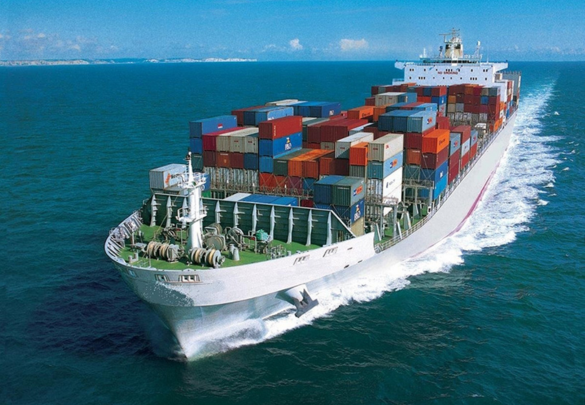Air Freight
1. Definition
Air freight is a logistics method that uses aircraft to transport goods over long distances in a short period. It is an ideal solution for items requiring high-speed delivery, exceptional safety standards, and access to international markets.


2. Key Features
- High Speed: Suitable for urgent or time-sensitive shipments such as fresh produce, pharmaceuticals, and important documents.
- Enhanced Safety: Goods are strictly monitored, reducing the risk of damage or loss.
- Extensive Connectivity: International and domestic air networks provide access to virtually all markets.
- Time Optimization: Transport within hours or days, minimizing storage costs.
3. Suitable Types of Goods
- High-value items: Jewelry, electronics, critical documents.
- Special handling goods: Pharmaceuticals, vaccines, frozen food.
- Urgent shipments: Industrial components, emergency medical supplies.
4. Advantages
- Exceptional speed compared to sea and land transportation.
- Ensures safe and professional handling supported by advanced technology systems.
- Tailored for international trade and time-critical delivery needs.
5. Disadvantages
- Higher costs compared to other modes of transportation.
- Limitations on cargo weight and size.
- Weather dependency, which may cause delays in adverse conditions.
6. Air Freight Process
- Receiving Goods: Inspection and packaging as per air freight requirements.
- Customs Clearance: Completing necessary legal documentation.
- Transport: Goods are moved to the airport and loaded onto aircraft.
- Delivery: Ensuring goods reach the recipient on time and at the designated location.
7. Technology Applications
- Real-time tracking systems (GPS) for cargo monitoring.
- Blockchain technology to streamline customs procedures.
- Digital transformation and artificial intelligence (AI) for supply chain management.
8. Leading Service Providers
- International: DHL, FedEx, UPS.
- Domestic: Vietnam Airlines Cargo, Vietjet Cargo, Bamboo Airways Cargo.
9. Future Trends
- Green Logistics: Utilizing sustainable aviation fuel (SAF) to lower carbon emissions.
- Infrastructure Investment: Developing air logistics centers at major airports like Noi Bai and Tan Son Nhat.
- Enhanced Global Collaboration: Strengthening trade connections with major markets such as China, the EU, and the USA.
Air freight plays a crucial role in global trade, catering to business demands while driving the advancement of modern supply chains.










